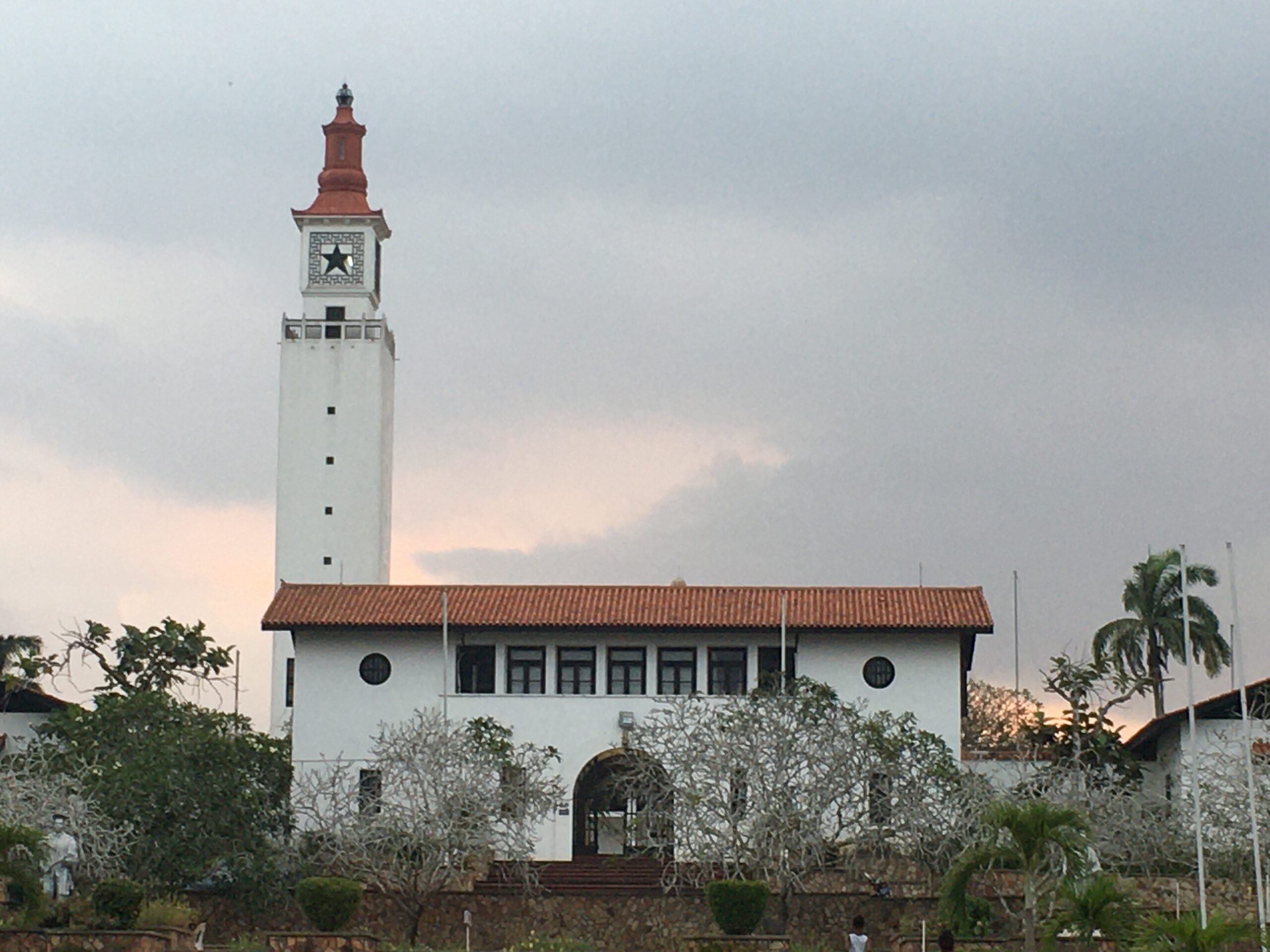
A shopping spree in Lagos can turn into a windfall sale in Accra, thanks to a wave of unauthorized imports fueled by Nigeria’s plummeting Naira.
Entrepreneurs, dubbed “clandestine traders,” are exploiting the currency disparity to smuggle everything from detergent to noodles across porous West African borders.
Maverick Research’s source of origin analysis of the leading Fast Moving Consumer Goods (FMCG) brands and feedback from our field teams indicate a surge in grey products of popular fast-moving brands from Nigeria into Ghana and Cameroon.
The Arbitrage Advantage:
Imagine buying a can of detergent off a Lagos shelf and selling it for double the price in Accra. This is not fiction; it is the reality for these unauthorized importers who capitalizing on the:
- Currency Chaos: The Naira’s weakness against regional currencies like the Ghanaian Cedi creates a significant price gap, making Nigerian goods incredibly cheap for neighboring countries.
- Porous Borders: West Africa’s notoriously weak border controls make smuggling a breeze, often bypassing customs and regulatory oversight. Allegations of corruption further facilitate the flow of these “grey market” goods.
- Brand Recognition: The strong demand of leading brands in both Nigerian and neighboring markets creates a demand for cheaper versions readily available through these unauthorized channels due to the arbitrage. Consumers often prioritize familiar brands over origin.
A case study in soaps & detergents
Nigeria’s ban on importing finished soaps and detergents forces local manufacturers to rely on exports to neighboring countries under the ECOWAS Trade Liberalization Scheme (ETLS). This scheme allows them to access the foreign exchange (USD) needed for raw material purchases.
However, the influx of smuggled detergents disrupts this strategy (this is actual unbranded data). Take Brand X, a soap manufacturer operating in both Nigeria and Ghana. Due to the currency disparity, a single carton of Brand X soap costs significantly less in Nigeria (USD $3) compared to Ghana (USD $12). This price difference incentivizes smuggling, undercutting Brand X’s authorized distributors in Ghana and eroding their profit margins.
| Example of Brand X in Nigeria & Ghana. Exchange Rate | 1400 | 13.6 | |
| UoM | NIGERIA?
BRAND X |
GHANA?
BRAND X |
|
| Pack Size | Gr | 25 | 25 |
| Standard Quantity Per Carton | Units | 150 | 150 |
| Freebies | Units | 12 | 0 |
| Total Quantity Per Carton | Units | 162 | 150 |
| Weight Per Carton | Kg | 4.05 | 3.75 |
| Company Price per Carton to Wholesaler | NGN | 4,400 | 160 |
| Company Price per Carton to Wholesaler | USD | 3 | 12 |
| Company Price Per Kg. | USD | 0.8 | 3.1 |
| Consumer Price per Unit | NGN | 35 | 1.50 |
| Consumer Price per Unit | USD | 0.03 | 0.11 |
| Consumer Price Per Kg. | USD | 1.0 | 4.4 |
Industry Fights Back:
Companies are scrambling to combat the surge in grey market goods. Some are focusing on high-margin products not produced in Nigeria, while others are running promotions with distinct packaging for their Ghana-made products to incentivize local purchases. However, industry experts acknowledge these are temporary solutions.
Kwame Oduro-Koranteng, Regional Product Development Manager (West & Central Africa) at First Africa Brands, explains a strategy they have implemented: “To manage this within our company, our Nigerian subsidiary gives us a rebate based on internal metrics to offset the price difference. Additionally, differentiated packaging and pack sizes for Nigeria versus Ghana or other intended markets have been a huge tool for us to identify grey products. We can then work with traders and law enforcement to mitigate the situation. Ultimately, stabilizing the Naira will eliminate this issue,” he said.
Aditya Peyyeti, Marketing Manager for Indomie at Tolaram, details their approach: “To address this issue, we have proactively lodged formal complaints with law enforcement authorities and expanded our on-the-ground intelligence on traders involved in these exports.” However, Peyyeti raises concerns about the conditions under which these “grey products” are kept. “We worry about food safety standards when the products are in transit and storage by these traders,” he said.
The real solution lies in eliminating the arbitrage opportunity itself. In the meantime, these actions are needed to save the local brands caught in this situation:
- Government Crackdown: Increased market raids by regulatory bodies to seize unauthorized goods and deter retailers from dealing in them.
- Trade Incentives: Implementing promotional programs that offer higher margins for authorized distributors and wholesalers, disincentivizing them from patronizing parallel importers.
- Negotiating Power: Renegotiating Free On Board (FOB) prices with importers in neighboring countries to achieve a more competitive landed cost for authorized distributors.
The long road ahead
“The battle against parallel imports in West Africa is a complex one. It requires a multi-pronged approach involving government action, industry collaboration, and strategic adjustments by manufacturers and distributors. Until the currency disparity is addressed and border controls are tightened, the flow of cheap, smuggled goods is likely to continue.” opined Ato Micah, Chief Executive of Maverick Research.
The post Grey goods surge threatens local industry profits -Maverick Research appeared first on The Business & Financial Times.
Read Full Story

















Facebook
Twitter
Pinterest
Instagram
Google+
YouTube
LinkedIn
RSS